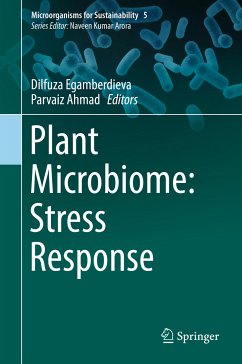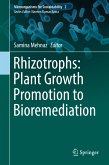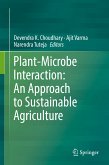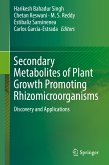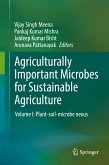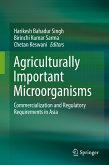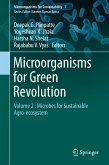The respective contributions show how microbes help plants to cope with abiotic stresses, and represent significant progress toward understanding the complex regulatory networks critical to host-microbe interaction and plant adaptation in extreme environments. New insights into the mechanisms of microbial actions in inducing plant stress tolerance open new doors for improving the efficacy of microbial strategies, and could produce new ways of economically increasing crop yields without harming the environment. As such, this book offers an essential resource for students and researchers with an interest in plant-microbe interaction, as well as several possibilities for employing the plant microbiome in the enhancement of crop productivity under future climate change scenarios.
Dieser Download kann aus rechtlichen Gründen nur mit Rechnungsadresse in A, B, BG, CY, CZ, D, DK, EW, E, FIN, F, GR, HR, H, IRL, I, LT, L, LR, M, NL, PL, P, R, S, SLO, SK ausgeliefert werden.

